Keywords: Economic Benefits
There are more than 200 results, only the first 200 are displayed here.
-
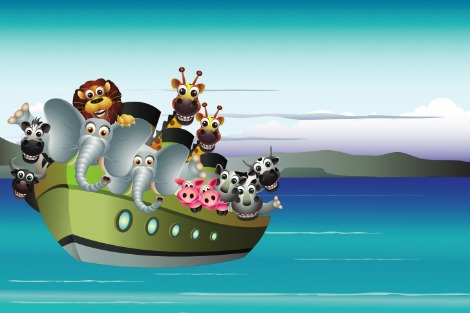
ECONOMICS
- David James
- 05 November 2013
2 Comments
Australia is very much the 'Noah's Ark' economy: two of everything. Consider the spate of industry sectors in which only two companies dominate: airlines (Virgin and Qantas); paper and packaging (Visy and Amcor); print media (News Corporation and Fairfax). The Federal Government's announcement that it will be launching a 'root and branch' review of Australia's competition law will, at the very least, make for a fascinating spectacle.
READ MORE 
-
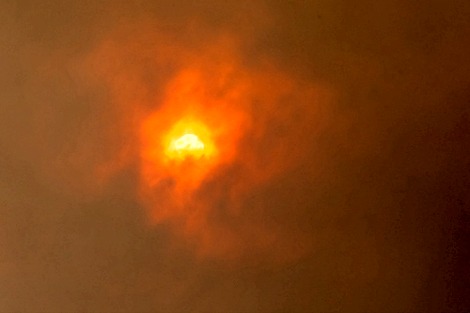
ENVIRONMENT
- Neil Ormerod
- 04 November 2013
47 Comments
With the publication of the latest report from the Intergovernmental Panel on Climate Change (IPCC), the Los Angeles Times made the bold decision to no longer publish letters from climate change denialists saying climate change is a matter of fact, not opinion. While this might seem like a small victory, the more substantial issue on the horizon is the global campaign for divestment in the fossil fuel industry. As it gains momentum and fossil fuel companies will be forced to reassess the value of their assets.
READ MORE 
-

AUSTRALIA
- Paul O'Callaghan
- 03 September 2013
8 Comments
Being born in Australia is a huge advantage. And having parents with money, a good education and connections always helps. Some of us have an advantage before we've even started school. But like the players in American psychologist Paul Piff's 'rigged Monopoly' experiments, those of us who do well tend to think we've earned our good fortune through hard work, talent and creativity.
READ MORE 
-

ECONOMICS
- David James
- 27 August 2013
3 Comments
Australia is one of only a few countries in the world that has a franking credit system. Though it is designed to stop 'double taxation' on company tax, in many cases it ends up being a 'double reward' for entities that already have tax favoured status. Last year the Tax Commissioner generously refunded over $500 million to charities and not-for-profits on dividends because they pay no tax.
READ MORE 
-

AUSTRALIA
- John Falzon
- 19 August 2013
24 Comments
Kevin Rudd says we need a 'new politics' or a 'new way'. Tony Abbott says we'll only get a new way by electing a new government. What is missing in both statements is the recognition that what we actually need is a new kind of economic democracy: a reconfiguration of our economic prioritising away from individualism towards the common good, and towards the participation of all rather than the exclusion of many.
READ MORE 
-

RELIGION
- Andrew Hamilton
- 08 August 2013
3 Comments
The common good can seem a very milky-tea concept — too bloodless for the real world. But it is an important idea, one which we need if we are to make sense of phenomena as disparate as the findings on corruption in the awarding of mining licenses in NSW, the initial report of the NSW chief scientist on coal seam gas mining, and the daily excursions in the drugs and footballers epic.
READ MORE 
-
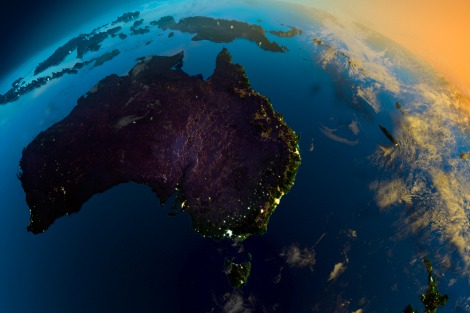
AUSTRALIA
- Ray Cassin
- 05 August 2013
5 Comments
It is economically illiterate nonsense to equate the state of the budget with the state of the economy, yet Labor and the Coalition have acquiesced in the view that delivering a surplus is the sole indicator of responsible economic management. If this election campaign fails to inspire many voters and drives some to disengage, it will be in large part because of where the contending parties stand or, more importantly, refuse to stand.
READ MORE 
-
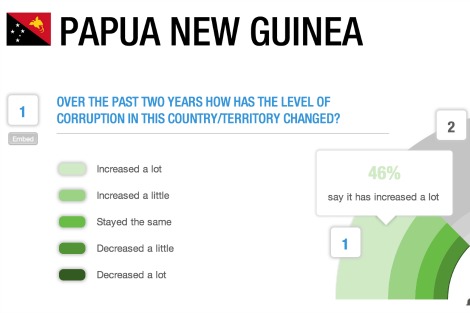
INTERNATIONAL
- Walter Hamilton
- 26 July 2013
11 Comments
A constitutional challenge in PNG to the resettlement agreement could quickly destroy any disincentive value as far as people smugglers are concerned. Under the country's constitution, foreigners may not be detained unless they have broken the law in entering the country. Since the asylum seekers are being sent there against their will they cannot be held to have entered illegally.
READ MORE 
-
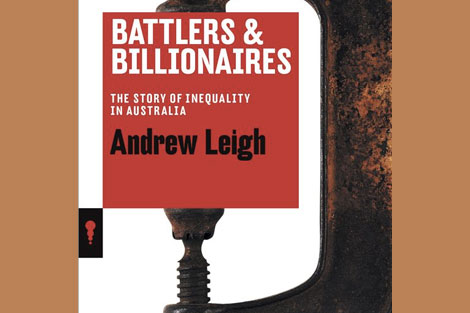
AUSTRALIA
- Michael Mullins
- 08 July 2013
4 Comments
One of Kevin Rudd's key points of difference with Julia Gillard lies in his determination to project a business-friendly image for himself and the ALP. This may have something to do with his decision to dump former parliamentary secretary Andrew Leigh, who is Australia's leading inequality expert and clearly unsympathetic to the demands of big business on government.
READ MORE 
-

INTERNATIONAL
The Cold War not only divided Berlin. It divided human rights into two politicised and hostile camps. Socialist nations championed social and economic rights over the civil and political rights prioritised by capitalist nations. Twenty years ago this month, the UN World Conference on Human Rights in Vienna rejected this demarcation and declared that human rights were indivisible, complementary and interdependent.
READ MORE 
-

AUSTRALIA
- Paul Newbury
- 03 June 2013
3 Comments
The Mabo decision of 3 June 1992 changed the course of Australian history and set the blueprint for native title determinations. Twenty-one years on, the Noongar people of Australia's south west are on the threshold of achieving the most momentous and comprehensive outcome to date of the native title process.
READ MORE 
-

AUSTRALIA
- Luke Williams
- 27 May 2013
10 Comments
If I was a long-term unemployed person, how would I answer the question, 'What has the ALP done for me?' 'Lots, and not much.' The Gillard Government's commitment to developing workforce skills suggests it values decent work, not just jobs, but in positing productivity as the path to prosperity it seems more Reagan than Keynes.
READ MORE 